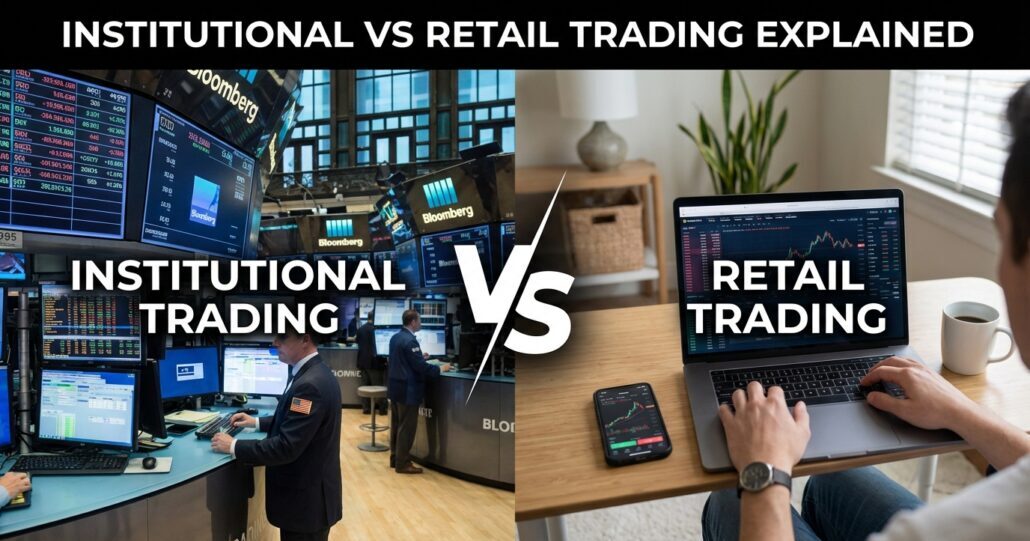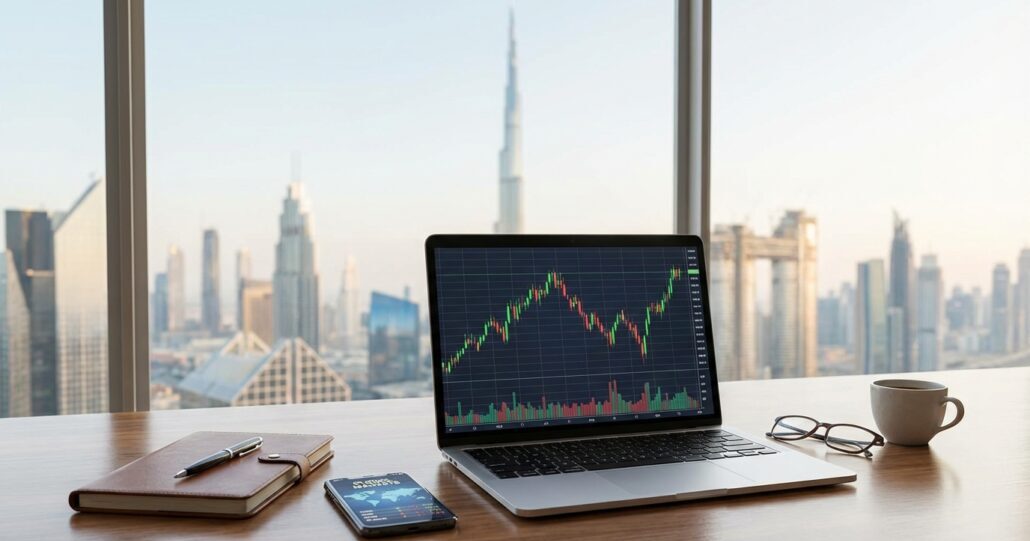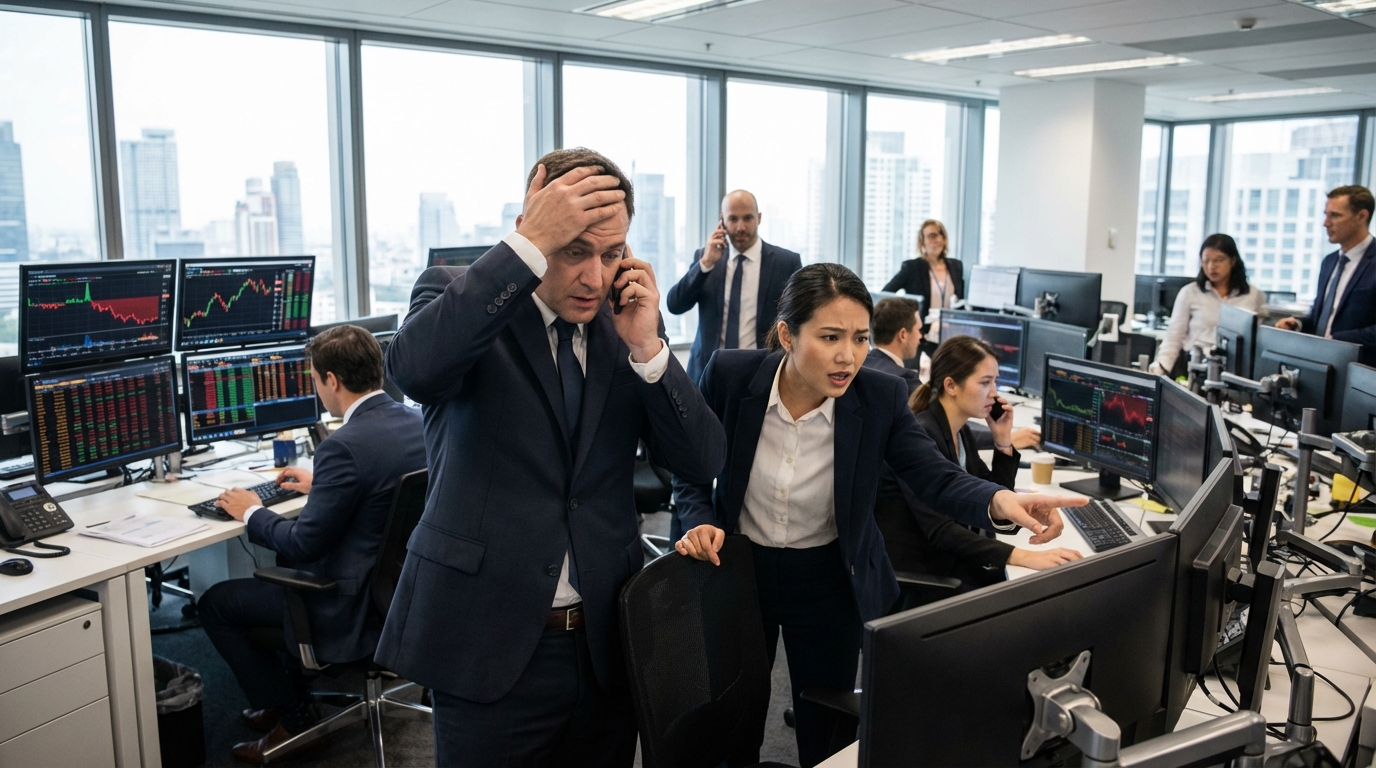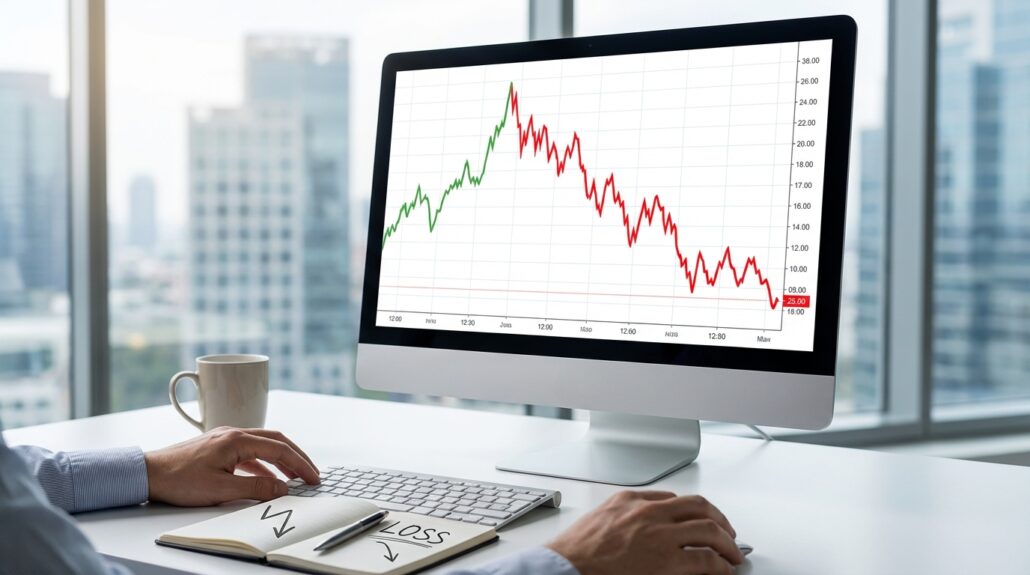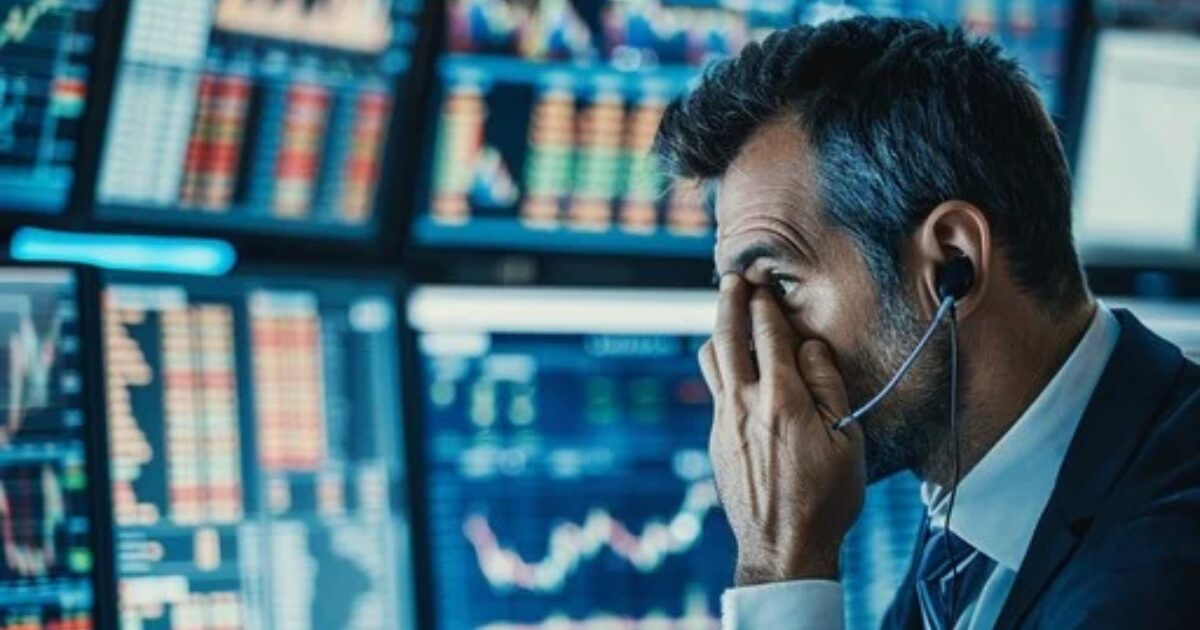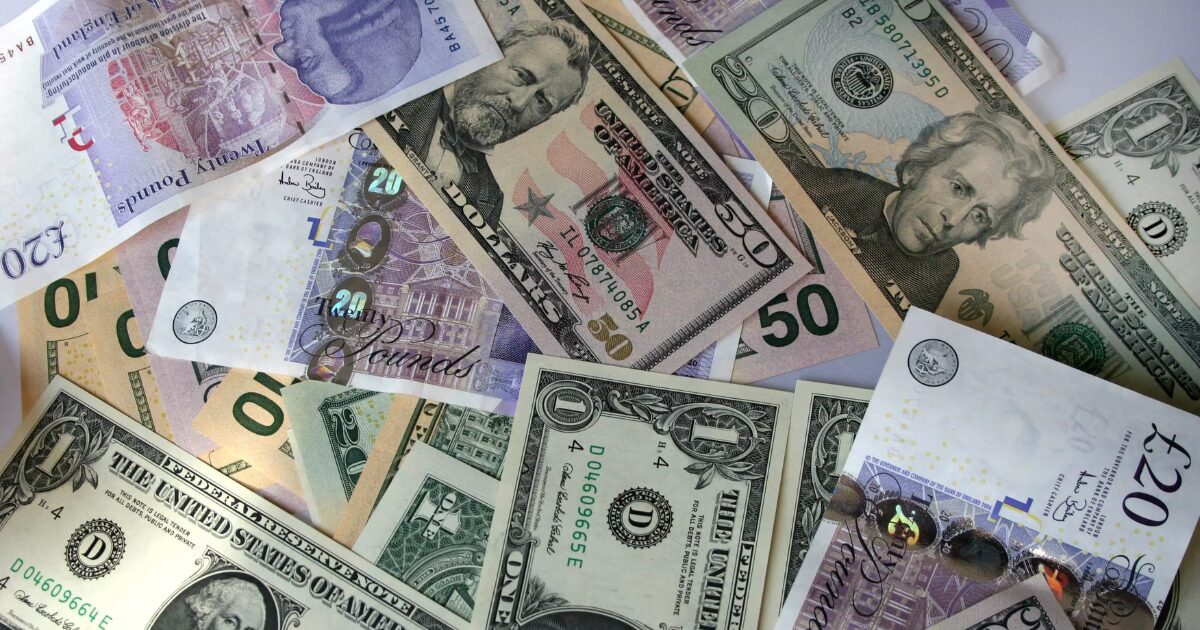Benefits of trading with a DFSA-regulated broker
 Sam Reid
Staff Writer
Sam Reid
Staff Writer 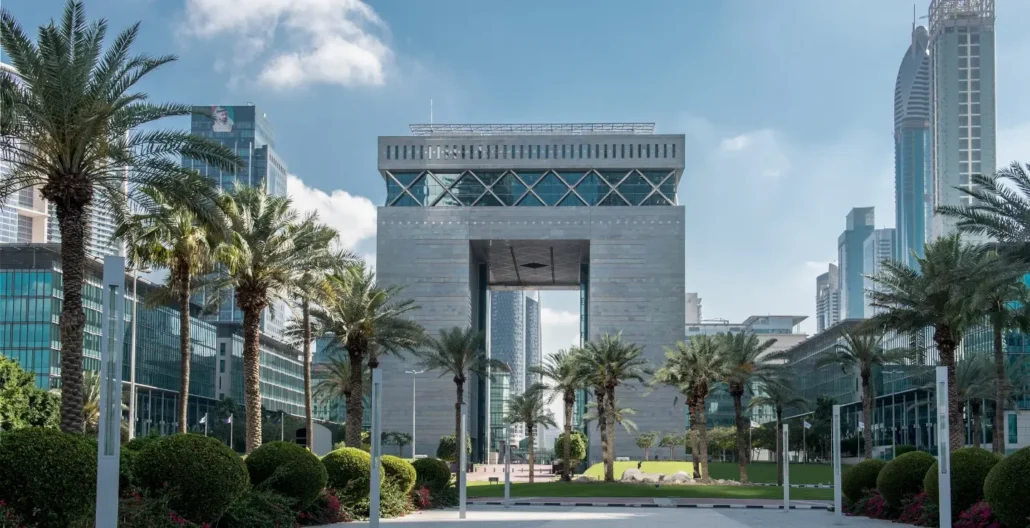
Trading with DFSA regulated brokers in UAE offers a layer of protection that few offshore entities can match. These brokers must follow strict client fund rules, transparent reporting, and compliance audits under the Dubai Financial Services Authority. This article explains the benefits of that regulation, how DFSA compares with other major financial authorities, how to verify a license, and why these safeguards matter for traders choosing the best forex trading brokers in the UAE.
Benefits of Trading with a DFSA-Regulated Broker
When you place a trade, you are trusting a firm with your capital and your orders. In the UAE, the Dubai Financial Services Authority (DFSA) regulates financial services conducted in or from the Dubai International Financial Centre (DIFC). Its framework focuses on client money protection, conduct of business, and transparent reporting, creating a safer trading environment for retail and professional clients.
What DFSA Regulation Means for Traders in the UAE
The DFSA is an independent regulator that licenses and supervises all financial service providers within the DIFC. Its structure ensures investor confidence and the integrity of Dubai’s financial ecosystem. As of 2024, DIFC reported a record 5,523 active registered companies—up 26% year-on-year which reflects the continued strength of the DFSA framework (source).
- Independent supervision: Licensing, on-site inspections, and regular compliance reviews.
- Investor protection: Rules for client fund segregation and mandatory disclosure of risks.
- Enforcement: DFSA publicly issues fines and restrictions against violators.
Key Benefits of Choosing DFSA Regulated Brokers in UAE
1. Segregation of Client Funds
DFSA licensed brokers must keep client funds in segregated accounts held with approved banks. This ensures traders’ capital remains separate from a firm’s operational funds and protected in the event of insolvency (DFSA Client Money Rulebook).
2. Transparent Reporting and Continuous Oversight
Regulated entities file detailed financial and compliance reports with the DFSA. The regulator publishes a Public Register where anyone can verify a broker’s license, activities, and regulatory status.
3. Safer Trading Conditions and Conduct Rules
DFSA’s Conduct of Business (COB) rules ensure fair treatment for retail traders, standardizing marketing, leverage, and execution practices to prevent misleading offers or excessive risk-taking.
4. Alignment with Global Standards
DFSA aligns its framework with top regulators such as the FCA (UK) and ASIC (Australia). It is a member of IOSCO and adheres to FATF anti–money laundering guidelines, placing Dubai’s financial regulation among the most transparent in the region.
5. Local Recourse and Faster Resolution
Operating under the DIFC jurisdiction gives traders access to the DIFC Courts and a defined complaint process, an advantage unavailable when trading with offshore brokers.
How DFSA Compares to Other Global Regulators
- FCA (UK): One of the strictest for retail conduct. DFSA mirrors many FCA-style safeguards but within a UAE legal context.
- ASIC (Australia): Both emphasize client fund segregation and transparent execution. DFSA’s leverage restrictions are similarly protective for retail clients.
- CySEC (Cyprus): DFSA maintains tighter standards and fewer marketing loopholes than most EU passport regimes.
Real Advantages for UAE Traders
- Secure deposits and withdrawals: Verified funding channels and licensed custodians.
- Fair execution culture: Brokers must demonstrate best-execution practices and manage conflicts of interest.
- Local presence: DFSA licensees must maintain staffed Dubai offices, improving accountability and service.
- Access to Islamic accounts: Many DFSA brokers, including HFM and XTB, offer Sharia-compliant swap-free trading options.
DFSA Regulated Brokers vs. Unregulated Brokers
| Criteria | DFSA Regulated Brokers | Unregulated Brokers |
|---|---|---|
| Client money | Held in segregated accounts; audited regularly | Often mixed with company funds; high risk if broker fails |
| Transparency | Publicly listed license and ownership details | Little or no disclosure of legal entity or oversight |
| Leverage limits | Capped for retail clients to reduce exposure | Often excessively high leverage (up to 1:1000+) |
| Dispute resolution | Handled locally under DIFC laws | Offshore only; often no enforceable recourse |
Regional Context: UAE vs. Neighboring Markets
While Saudi Arabia’s CMA and Qatar’s QFCRA regulate domestic markets, neither offers the same internationally integrated access as Dubai’s DIFC. DFSA’s alignment with FATF and IOSCO standards positions it as the Middle East’s bridge between Gulf investors and global financial markets.
How to Verify a DFSA License
- Visit the official DFSA Public Register.
- Select “Firms” and search by the broker’s legal name.
- Confirm the license number, permissions, and status (should be Active).
- Check the firm’s Dubai address and compare it with what’s listed on its website.
- Review any enforcement notices related to the entity.
Our Platform Tests and Case Examples
Case Example 1: XTB MENA Limited
We tested XTB’s Dubai-based. Onboarding was efficient, with detailed risk disclosures and transparent spreads. The account interface clearly displayed margin requirements, reflecting DFSA’s conduct rules.
Case Example 2: HF Markets (DIFC) Ltd
HF Markets maintains a local office in Central Park Towers, DIFC. Testing revealed strong communication on client fund segregation and appropriate leverage for retail traders. The platform’s educational materials also met DFSA’s marketing standards.
Why Enforcement Matters
In 2024, DFSA issued over USD 2.5 million in fines for compliance breaches (official DFSA enforcement page). Public enforcement builds confidence by ensuring that misconduct has visible consequences, strengthening trust across the UAE trading landscape.
Checklist: Finding the Best Forex Trading Brokers in the UAE
- Always verify regulation on the DFSA Public Register.
- Ensure the broker is permitted to “Hold or Control Client Assets.”
- Review disclosures on leverage, fees, and risk.
- Prefer brokers with local UAE support and DIFC offices.
- Test demo accounts before funding live positions.
At a Glance: Benefits of DFSA Regulation
| Benefit | Practical Impact | Source |
|---|---|---|
| Client fund protection | Your deposits are separated from broker funds and safeguarded. | DFSA Rulebook |
| Transparent register | Public verification of licenses and activities. | DFSA Public Register |
| Regular enforcement | Visible fines deter misconduct. | DFSA Enforcement Notices |
| Innovation support | Allows fintech and crypto under controlled frameworks. | DFSA Crypto Token Regime |
Why DFSA Regulation Strengthens Dubai as a Trading Hub
The DFSA’s global recognition has turned Dubai into the region’s most transparent and internationally connected trading center. The DIFC contributes nearly 6% of Dubai’s GDP, and continued fintech expansion reinforces investor trust (DIFC Newsroom).
Frequently Asked Questions
Are DFSA regulated brokers suitable for beginners?
Yes. Their transparency, clear disclosures, and risk controls create a more secure environment for first-time traders. Always start with a demo to learn platform mechanics before trading live.
Can I trade in AED with DFSA brokers?
Most allow AED deposits, which are automatically converted to USD or EUR. Base currencies may vary by broker but funding through UAE banks is widely supported.
Does DFSA limit leverage?
Yes, retail clients are typically capped around 1:30 leverage, protecting traders from excessive exposure while still enabling flexibility for professionals under higher tiers.
Final Thoughts
Choosing a DFSA-regulated broker means choosing transparency, protection, and accountability. With proper licensing checks and awareness of your trading rights, you can trade confidently in one of the world’s fastest-growing financial centers. Whether you’re exploring DFSA regulated brokers in UAE or comparing the best forex trading brokers globally, start by confirming regulation—it’s your first layer of defense.
Explore licensed options
See our updated list of DFSA regulated brokers in UAE and compare platforms, spreads, and account types to find the safest fit for your trading goals.
Disclaimer: Remember that CFD trading involves high risk. Always do your own research and never invest what you cannot afford to lose.
 11th Nov 2025
11th Nov 2025



